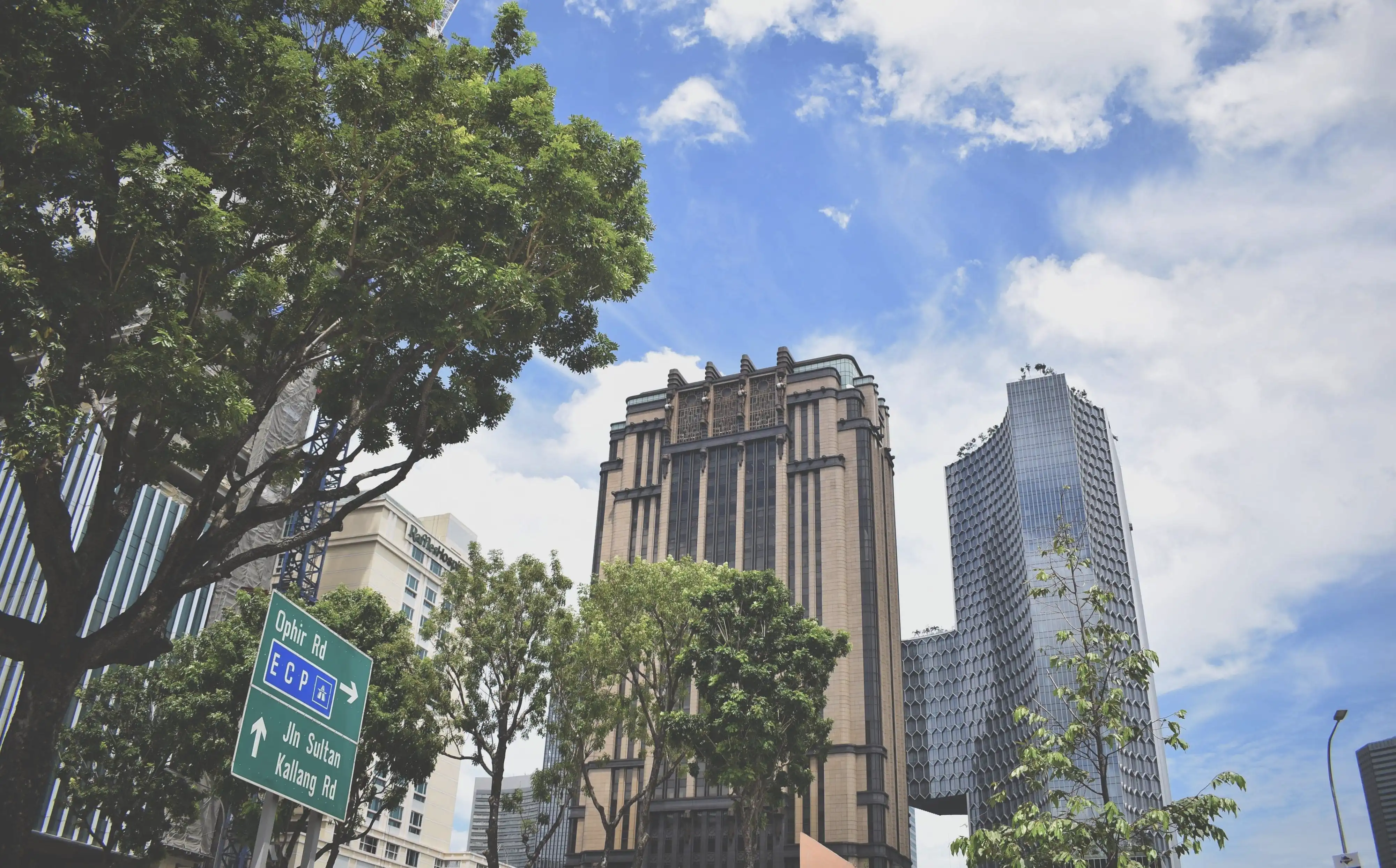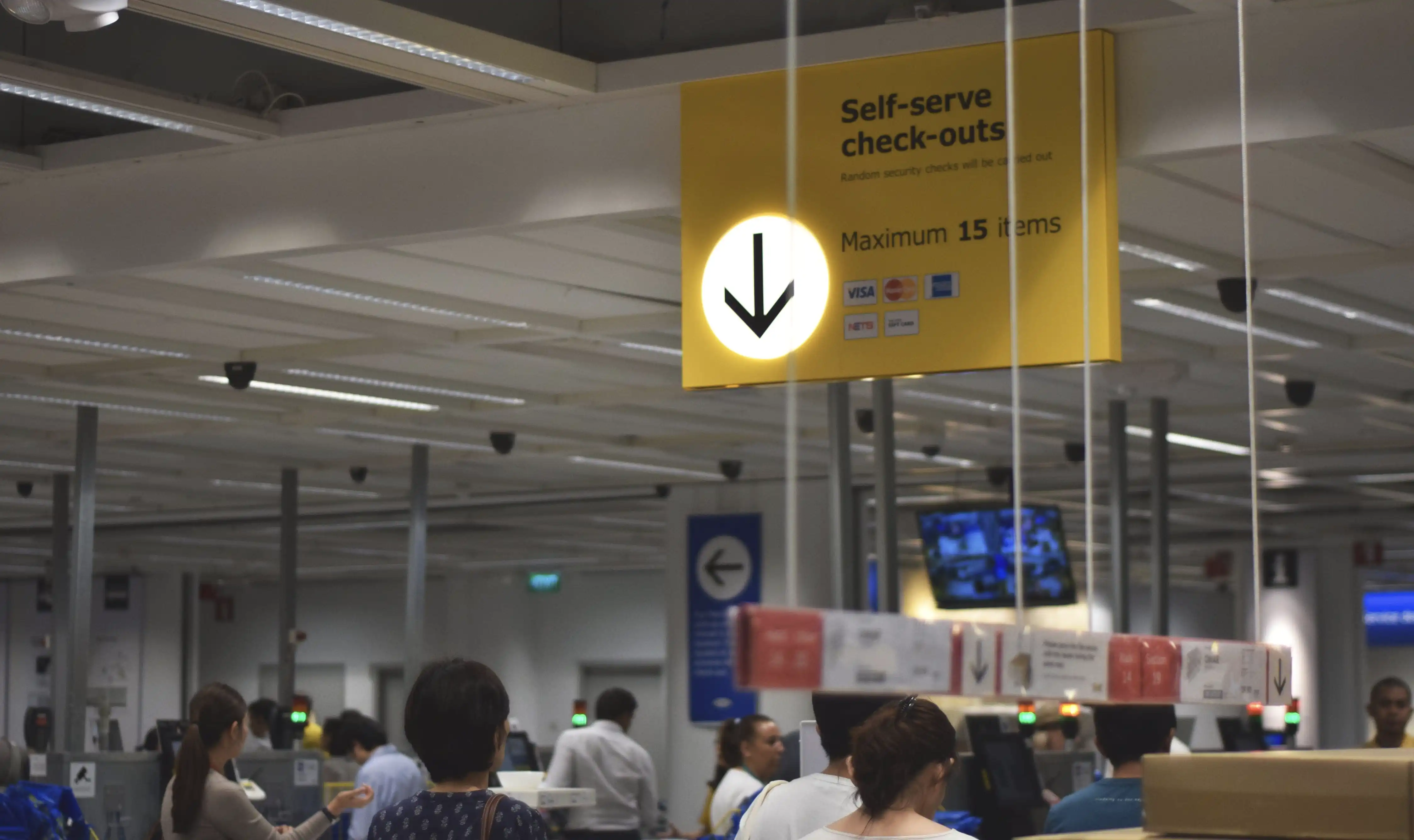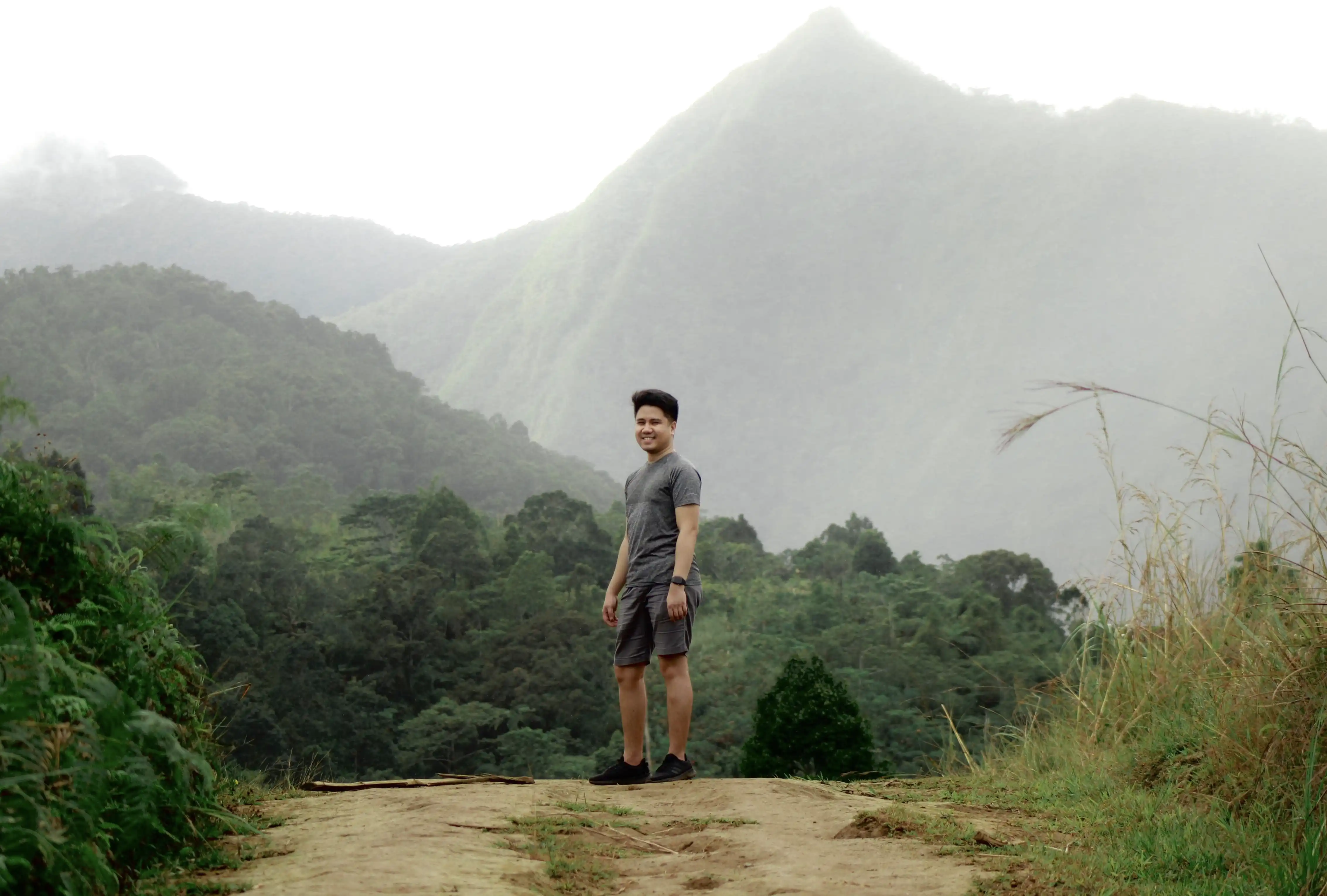One Week in Singapore Without a Phone
April 2017
Coincidence, magical twist of fate, life lesson, the angry Hand of God—whatever your personal belief system tells you, my phone died right exactly when I landed at Changi Airport.
Now the big disappointment is I had prepared down to the last detail: my entire itinerary on my phone, an offline Google map of Singapore, the train system app, camera access, the whole shebang. But what the Fates, in their wretched conniving, failed to remember is that I survived the 90s all the way to Steve Jobs’ death without ever needing the complete convenience of the iPhone. I swore my life to unforeseen circumstances and no incorporeal being was about to halt my trip from the get-go (Cebu Pacific pun partially intended).
What was it like to roam around in a highly industrialized city (state)—one of the most technologically advance on the planet—without a phone? A few disclaimers: I brought my laptop with me for work, I’ve been to Singapore before and I know how to read a map. The last bit is of course the whole point of this survival lesson: do yourself a huge favor and teach yourself how to read basic directions.
Lesson Number One for When You Are in a Foreign Country Without Mobile Access: Read the Signs

Signs are like fireflies in a dark forest. They will lead you to your destination or into a deep, empty ditch, where your body will only be found nine months later by someone who will also fall into said ditch. So read signs carefully.
The great thing about Singapore is they have an overabundance of signs everywhere you look (although it must be said that no place can ever have enough signs for the lost). But what’s important here is getting a good grip on directional relativity. Some people still confuse the fundamentals of left and right, and that’s how people fall into hollow pits.
Lesson Number Two: Talk to Locals for They Know Better Than Google Maps
People who know me know that I do not enjoy the act of initiating conversation. But when in a foreign place (in or out of the country), no one can help you more accurately than well-meaning locals. Emphasis on well-meaning. (On a related side note, Singapore has a crime rate so low, you can leave your stuff in a coffee shop unattended without worrying about theft. Although authorities still warn that “low crime doesn’t mean no crime.”)

And if you go to a country without ever talking to locals, it must be put into question why you traveled at all. Sure, the sites are gorgeous, groceries are strange and exciting, and you find yourself in a blissfully new place. But what makes a country a country or a city a city or a town a town, is not its architecture but its people. Singaporeans are gentle folks, albeit they talk a tad too fast.
Lesson Number Three: Being Phone-less in a High-Tech Country Opens You to a Smorgasbord of Options
So what do I do if I need to contact anyone? I didn’t always rely on coffee shops with free internet as I was always on the go and lazily sipping coffee is reserved for when I am back home where I have oversaturated myself for the past two decades. So I walk into one of millions (?) of Apple stores in the city to send an email, making sure to obsess myself with completely and irrevocably deleting traces of my use.
(A separate blog post will be written about securing one’s privacy online and in the real world.)
I also considered asking strangers to use their phone, but I did not possess the required social skills to proceed to this level of interaction. Maybe when I’ve transcended from the bonds of this world and permitted myself a higher form of social contact…
So I hope the next time (or the first time) you go to a foreign country, your phone doesn’t die out on you like mine did. But if it ever does, and I’m sure there’s a non-statistical one in a million chance it will, you go a bit more prepared to face the odds.
All my trips before this have always involved the use, in one way or another, of a mobile phone. I’ve found that the truly crazy thing amid all of this is not that I wasn’t able to use my phone, but how I felt at that time, sitting in an A330 plane, waiting for all passengers to disembark before I stood up and left, I felt a brief moment of clarity: I can live without this attachment.
I doubt this is a handy list to help you survive. I could write a book and it still would not be enough to enumerate for you all the tricks of the trade. These are my experiences, which may largely differ from yours. And this was Singapore—home of the orchids, land of exorbitant prices, a vision of the future. What happens if you get lost in Fiji?
In the end, the best way to learn how to travel is to pack your bag and just… go.


